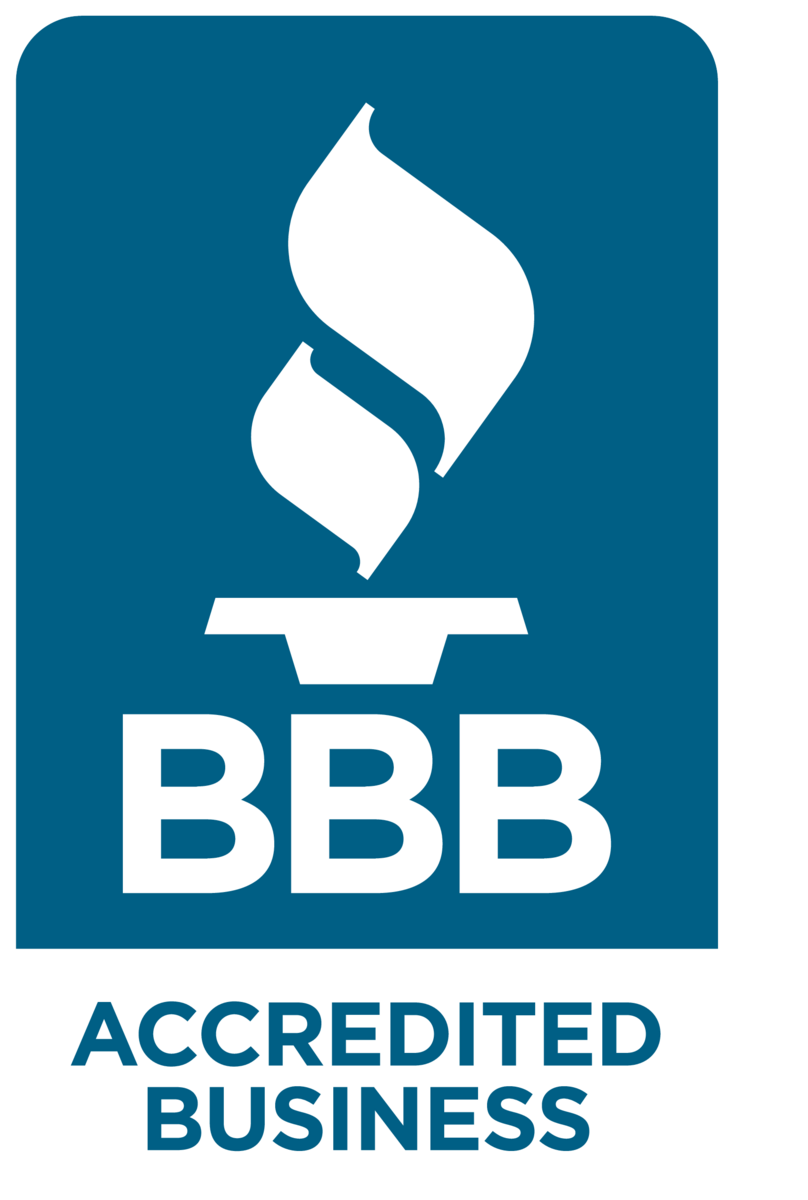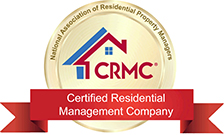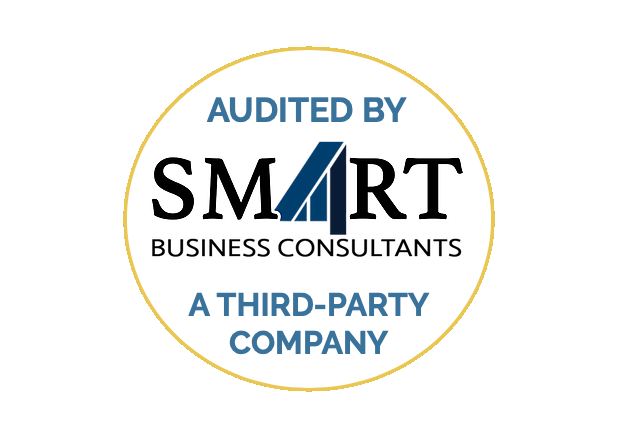On our blog today, we are talking about three more of the biggest mistakes that landlords make when they’re renting out a property in Minneapolis. This is part two of the blog series we’re doing about these common mistakes, so make sure you check out part one as well.
Tenant Screening
Not screening tenants is a major mistake. A lot of landlords show their properties themselves and they think they have a positive feeling about a tenant. People are pretty good about hiding the things they don’t want to reveal. Just because you get a feeling that the tenant is a good one doesn’t mean they will actually be a good one. Screen carefully. Credit is one of the criteria we use to make sure we’re getting a high quality tenant. We don’t deny based on credit because a lot of decent people got into bad loan situations recently and their credit scores went down. So it’s not always a good indicator of whether they’re going to be an excellent tenant. Consider criminal records, and gather information on any criminal activity in a tenant’s past. Have criteria in place, and know what to look for. Not all criminal activity is the same. We also recommend that you look at debt to income ratios. You want to make sure the tenant can afford your property.
Rental Market Knowledge
Not keeping up on the local Minneapolis rental market is also a problem. A lot of landlords don’t want to take the time to manage their property. They get a tenant in place and then they keep the rent artificially low because they don’t want to end up in a situation where they must release the property and find a new tenant. That’s a big mistake because in the Minneapolis market right now, rents are increasing considerably. We’re seeing increases of three to four percent from year to year. With new properties, it can be an even higher increase percentage. Not taking advantage of that increase in rent means you’re losing out on cash flow as a landlord.
IRS Section 121
Finally, some landlords neglect to consider Section 121 of the IRS code. That’s the capital gains section where you can exclude up to $250,000 of capital gains as a single person who owns personal property or up to $500,000 as a married couple. One of the criteria of taking advantage of this section is to live in the property for two years out of a five year period. So if you’ve lived in your rental property for a couple of years, you can rent it out for three years and still take advantage of Section 121. A lot of landlords make this mistake because they might have considerable capital gains in their property and then they rent their house out for four years and miss out.
If you have any questions about this blog, or you need help avoiding some of these mistakes, please contact us at RP Management.



















